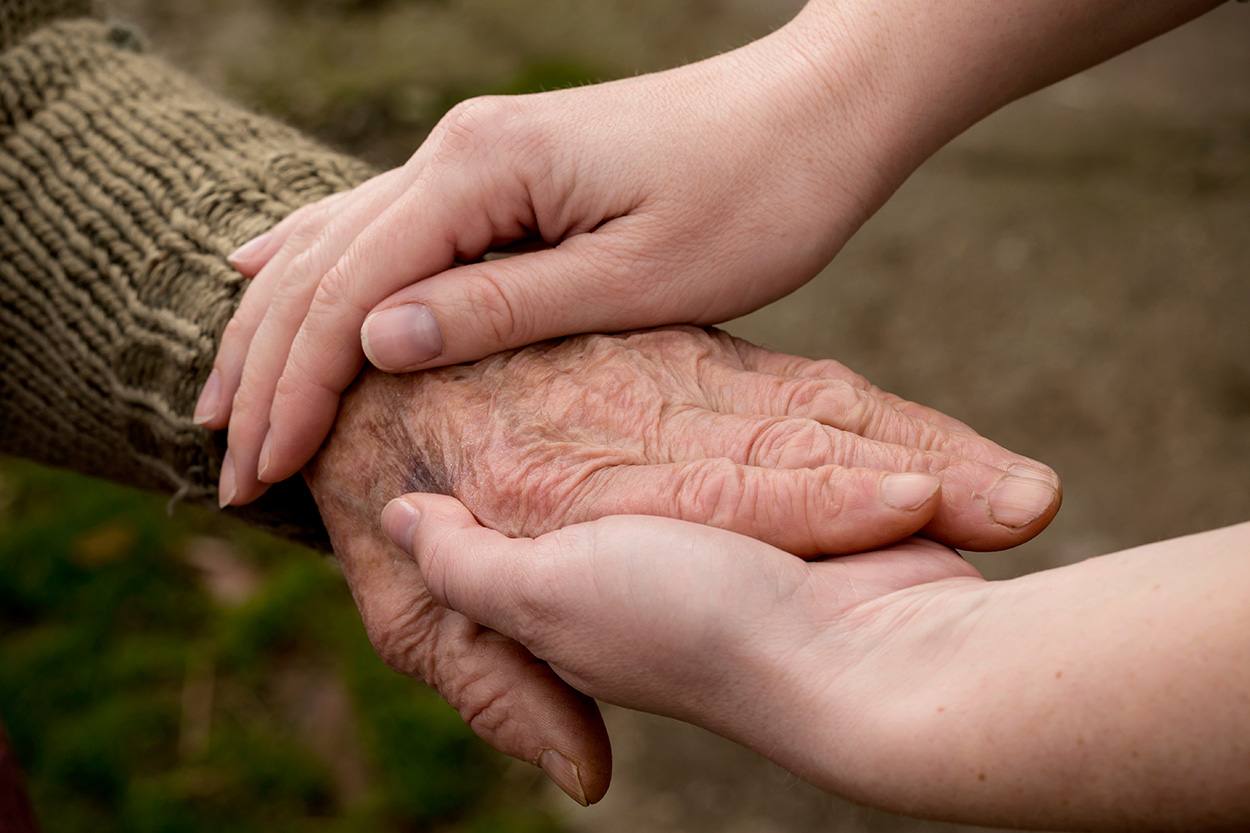

May 20, 2024
Within the next five years, more than one-fifth of the United States population will be over 65. In Florida, we are already there. Adults age 65 and older make up 21 percent of our state’s population already. As our population continues to grow in age, so does our need for caregivers — paid and unpaid — to take care of aging adults and people with disabilities.
In Florida, alone, there are more than 2.3 million family caregivers who serve as caregivers for their loved ones, providing an estimated 1.6 billion hours1 of unpaid care each year. As the Executive Vice President for Medicare and Chief Innovation & Experience Officer at GuideWell, I have seen just how essential caregivers are to preserving the health of older adults. We embed caregiving support into our Medicare Advantage plans through our partnership with Carallel, a company that provides needed support and resources for caregivers.
But while the need for caregivers is growing, the arsenal of available people who can take on the role of caregiver is shrinking — both those who have chosen this profession and unpaid caregivers for a family member or friend. In the near future, we will likely face a world where there are not enough available caregivers to care for the people who need it. Many people are not able to afford to take time off work to care for a loved one, and the cost of assisted living and other paid caregiving support may be too high of a cost for some families to bear. Family caregivers often make personal and professional sacrifices to ensure older adults as well as children and adults with disabilities can remain at home and receive the care they need.
So, the question is, how do we make it easier and more affordable to be a caregiver? What can we do to support our friends, family members, and employees who find themselves in this role? At GuideWell, we we’re working on providing additional support for our employees who are caregivers. Caring for a loved one can be a rewarding and beautiful experience, and it can also be exhausting and lonely. It can lead to stress, burnout, and health problems for some caregivers. These are issues we, as a society and health care industry, need to solve.
To ensure those we care about continue to receive the care they need as the aging population grows and resources are harder to find, we must find innovative solutions to reduce the burdens of caregiving and support those who take on this role. Here are some ways we can do that.
- Training: We need more resources to help caregivers navigate the health care system, deal with legal issues, support their loved one’s health and take care of their own health and mental well-being.
- Affordable and safe respite care: One person cannot do it all. Caregivers need support, too. We need affordable, safe options for respite care so caregivers can take a break to take care of their own personal needs.
- Financial help: There are many state programs that offer financial assistance to caregivers, including Florida. Caregiving can pose a major financial strain on caregivers and more programs are needed to help offset these financial burdens.
- Senior-focused care: For older adults and caregivers, traveling from one location to another to get care, to get lab work, or to get services like imaging, can be inconvenient and taxing. We need more providers whose practice focuses on older adults and who provide a one-stop shop for care. Florida Blue has partnered with Sanitas Medical Center to provide care like this to seniors across the state.
Currently, community specialists at our Florida Blue Centers can help everyone in the community, whether they are a Florida Blue member or not, and assist in finding community resources to deal with a range of issues, including caregiving. Our community specialists can help people find financial support, respite care programs in their area, emotional support groups, and more.
By easing the burden of caregiving and providing people with the supportive resources they need, we can help caregivers continue to provide high-quality, compassionate care to their loved ones.